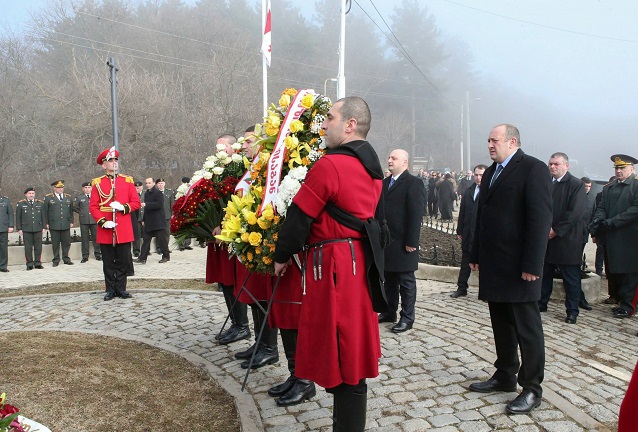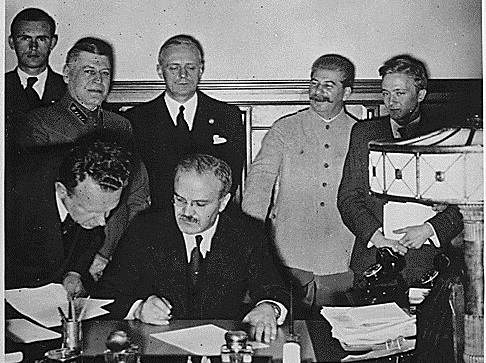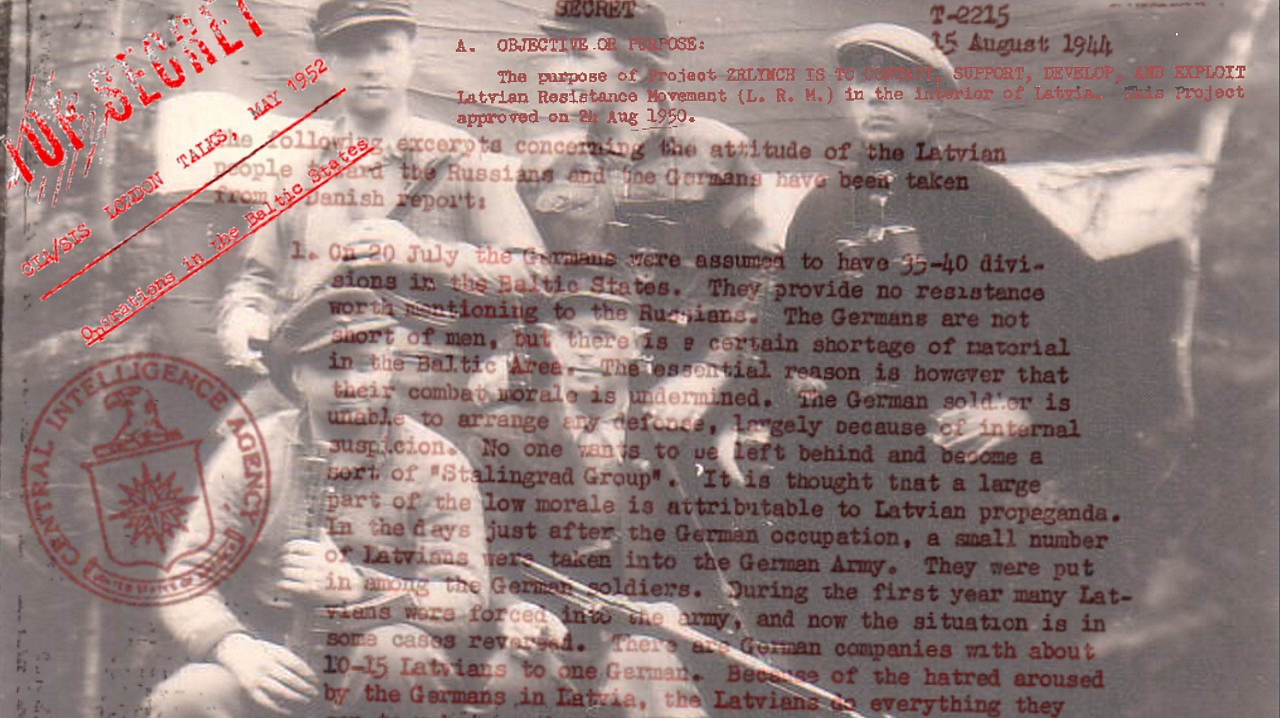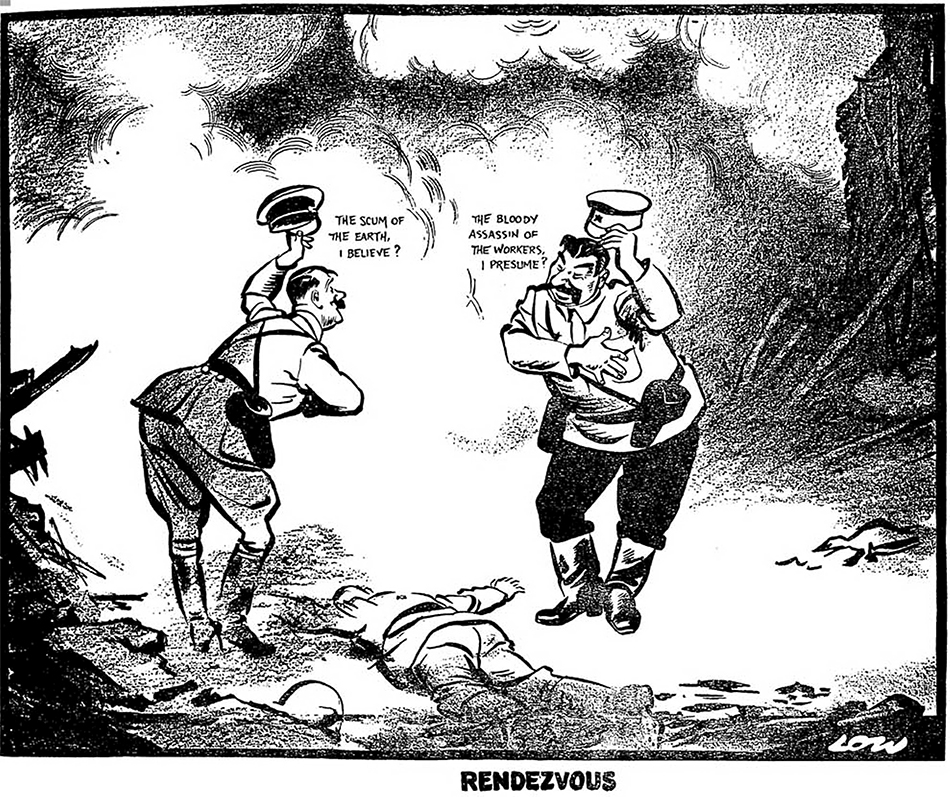Yesterday, Georgians marked the 94th anniversary of what Tbilisi calls “the battle of the Soviet Occupation” of that country in 1921, a self-definition that means six post-Soviet states now officially view the Soviet system as an occupation and one that marks an important milestone in their separation from Russia and possible future development.
Estonians, Latvians and Lithuanians and their supporters in the West always viewed Soviet power in the three as an illegal occupation. That was the source of both the West’s non-recognition policy and their efforts a quarter of a century ago that led to the restoration of their independence.
Moldovans also view their inclusion in the USSR as an occupation, with many of them arguing that they were the “fourth” victim of the Molotov-Ribbentrop Pact and should be viewed as such. And Azerbaijanis, official and unofficial alike, trace their current statehood back to the Democratic Republic of Azerbaijan that was occupied by Soviet forces early on.
Such self-identifications are important both because they underscore the commitment of these peoples not to allow that to happen again but also and perhaps even more because they open the way to the kind of developments economic and political that happened in Eastern Europe when the Soviet occupation of that region ended.
Indeed, many analysts there and in the West have suggested that one of the major reasons that Eastern Europe, including the three Baltic states, has been more successful in overcoming the communist past is precisely because its peoples viewed communism less as an integral part of their national lives than as a foreign occupation they were only too happy to throw off.
To the extent that Georgia and Moldova and potentially other former non-Russian Soviet republics move in that direction as well then not only will make the restoration of any Moscow-centered empire far more difficult but will also open the way to a better future, something that Western governments should take note of.
The Day of Soviet Occupation was first marked officially in Georgia five years ago when the parliament voted to commemorate “the hundreds of thousands of victims of political repressions of the Communist occupation regime.”
Georgian Prime Minister Irakli Garibashvili said that February 25, 1921, was “one of the most tragic days in the history of the country” because the ensuing 70-year-long Soviet occupation had “devastating effects” on Georgia and required Georgians to make enormous sacrifices to recover their independence.
"Despite the communist ideology and the regime,” he added, “the idea of freedom and striving for independence has never vanished in people; their struggle for freedom has never been suspended. Today Georgia is an independent country and it is the result of the devotion of many generations. Our responsibility is to protect this great legacy.”





